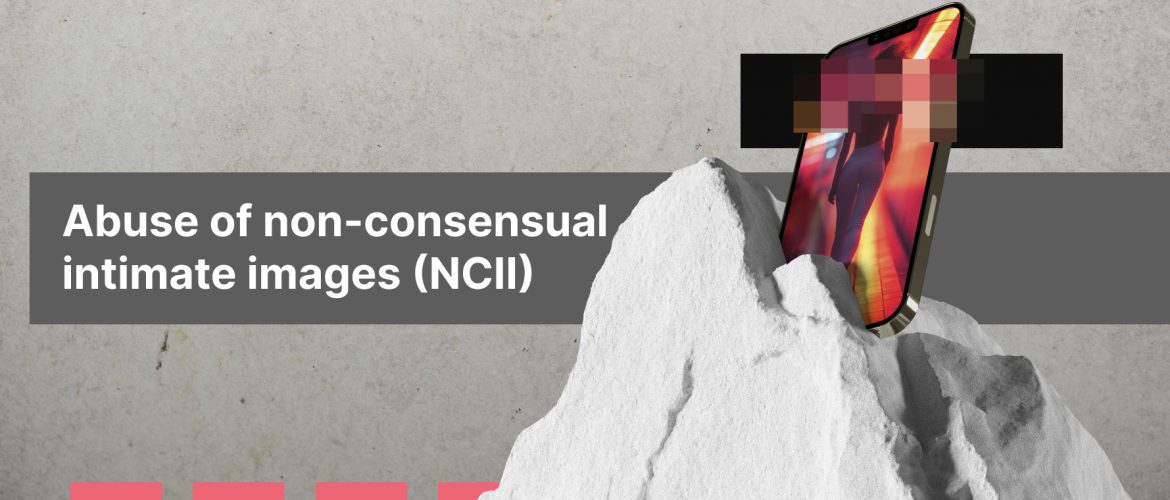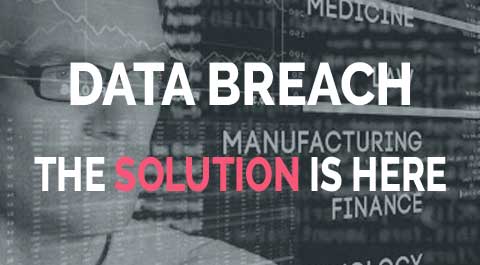The misuse of non-consensual intimate images (NCII) — whether through leaked nudes, so-called “revenge porn,” sextortion, or deepfake pornography — is a deeply violating and rapidly growing problem. These attacks are not just digital: they are personal, emotional, and often public. They erode trust, compromise privacy, and can leave long-lasting psychological scars.
If you’re reading this because you’ve been affected — know this: you are not alone, and you have options. Support exists, and steps can be taken to stop the abuse, remove the content, and protect your identity and dignity.
What Is NCII Abuse?
Non-consensual intimate image abuse can take several different forms:
- Revenge porn: When someone, often an ex-partner, shares or threatens to share private photos or videos without your consent.
- Sextortion: A form of extortion where someone pressures or blackmails you into sending explicit content — or threatens to share material you’ve already sent unless you comply with further demands.
- Deepfakes: Digitally altered videos or images that place your face onto pornographic material, making it appear as though you took part in something you never did. These are often created using artificial intelligence tools.
All of these acts violate your privacy, your autonomy, and your right to control your own image. They are often criminal offenses, and they always carry emotional consequences.
According to recent surveys, a growing number of people — particularly women and young adults — have either been targeted by NCII abuse or know someone who has. Technology has made the creation and spread of this content easier than ever. But technology can also help us fight back.
Immediate Steps to Take if You’re a Victim
If you’ve found out that someone is threatening to release your intimate images, or already has, here are the critical first steps you should take:
1. Document Everything
Preserve all possible evidence. This includes:
- Screenshots of conversations
- Links to the content
- Usernames and profiles involved
- Dates and times
- Email headers or IP addresses if available
Keep these records organized in a secure folder. Don’t rely solely on your phone — back up to a USB drive or encrypted cloud storage if possible.
2. Do Not Block the Abuser Immediately
As counterintuitive as it seems, staying in contact — for a short time — may help professionals track down the person responsible or gather key evidence. In many cases, blocking too early gives the abuser the freedom to act anonymously.
If you feel unsafe, speak to a trusted expert before taking any steps involving the perpetrator.
3. Do Not Pay
Most professionals advise against paying the blackmailer. Payment rarely ends the abuse — it often leads to further demands. Instead, try to stall for time. You might say you’re arranging payment or need a delay. This may buy you a crucial window to get help.
4. Report the Content
Major platforms like Facebook, Instagram, Reddit, and X (Twitter) have reporting procedures specifically for non-consensual sexual content. Use them. In most jurisdictions, platforms are legally required to remove this type of content swiftly.
5. Submit DMCA Takedown Requests
The Digital Millennium Copyright Act (DMCA) allows you to request the removal of intimate content from websites and search engines. You don’t need a lawyer — there are free templates available, or organizations that can help you file.
Focus on removing:
- The original images or video
- Search results linking to the content
- Fake profiles using your name or photos
6. Report to Law Enforcement
Non-consensual image sharing is now a crime in most U.S. states and many countries. You can report the incident to your local police or cybercrime unit. Provide them with all your documentation and be specific about the harm caused.
Federal laws (such as those involving extortion, harassment, or identity theft) may also apply, especially in cases of sextortion or deepfakes.
Tools and Support Services
Thanks to rising awareness, more organizations are stepping in to help victims of NCII.
Image Hashing Services
These systems create digital “fingerprints” of your images, which prevent them from being reuploaded to many platforms. Meta (Facebook/Instagram), Reddit, and other sites now use hashing to block known NCII content.
Services like the StopNCII.org platform allow you to hash your images without ever uploading the photo publicly.
Content Removal and Digital Cleanup
Specialized agencies and nonprofits offer services to:
- Remove content from adult websites and forums
- Suppress search engine results
- Monitor for new uploads
- Clean your digital footprint to make you harder to target in the future
Emotional and Psychological Support
The emotional toll of NCII abuse can be devastating. Victims often experience shame, isolation, depression, anxiety, and even PTSD.
You do not need to deal with this alone. Confidential hotlines, trauma-informed therapists, and peer support groups can provide essential help. Some recommended resources:
- Cyber Civil Rights Initiative (CCRI) – Offers a 24/7 crisis helpline
- RAINN – Resources for victims of sexual violence
- Therapy platforms that specialize in online trauma or digital abuse
Talking to someone — even just one person — can make a huge difference in your healing process.
How to Protect Yourself Going Forward
While no online behavior can guarantee complete safety, these proactive steps can significantly reduce your risk:
- Don’t share private content online or even through messages unless you fully trust the recipient. Even then — think twice.
- Use secure communication: Apps like Signal or WhatsApp offer end-to-end encryption and disappearing messages.
- Enable two-factor authentication (2FA) on all accounts to prevent hacking.
- Be cautious about what you post publicly, especially photos with location tags or revealing information.
- Watch for red flags: Sudden friend requests from strangers, urgent emotional pleas from new acquaintances, or someone asking you to switch to a private messaging app could all signal grooming or fraud attempts.
- Regularly Google yourself to monitor what information or photos are publicly visible.
-
Use privacy-first browsers and search engines, such as DuckDuckGo, and consider a VPN to mask your IP address.
A Final Message to Victims
If someone has misused or threatened to misuse your private images, the most important thing to remember is this:
It is not your fault.
You did not deserve this.
You are not powerless.
You have the right to protect your dignity, reclaim your digital identity, and move forward. Whether by removing content, involving law enforcement, or getting emotional support — there are real paths to healing and justice.
You don’t have to do it alone.


